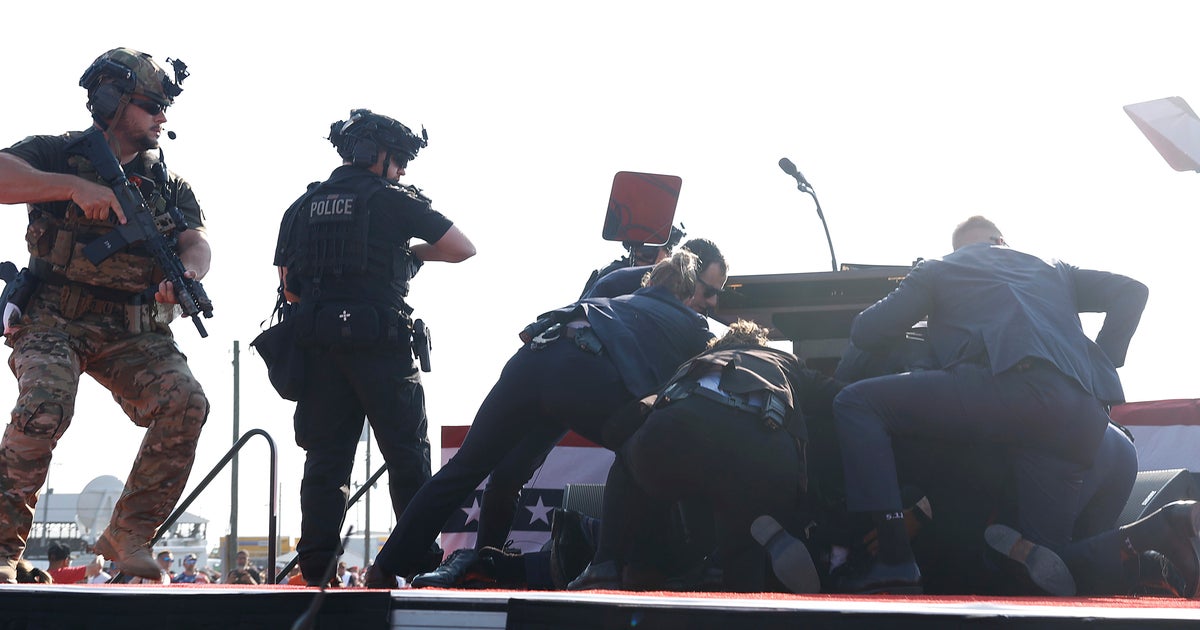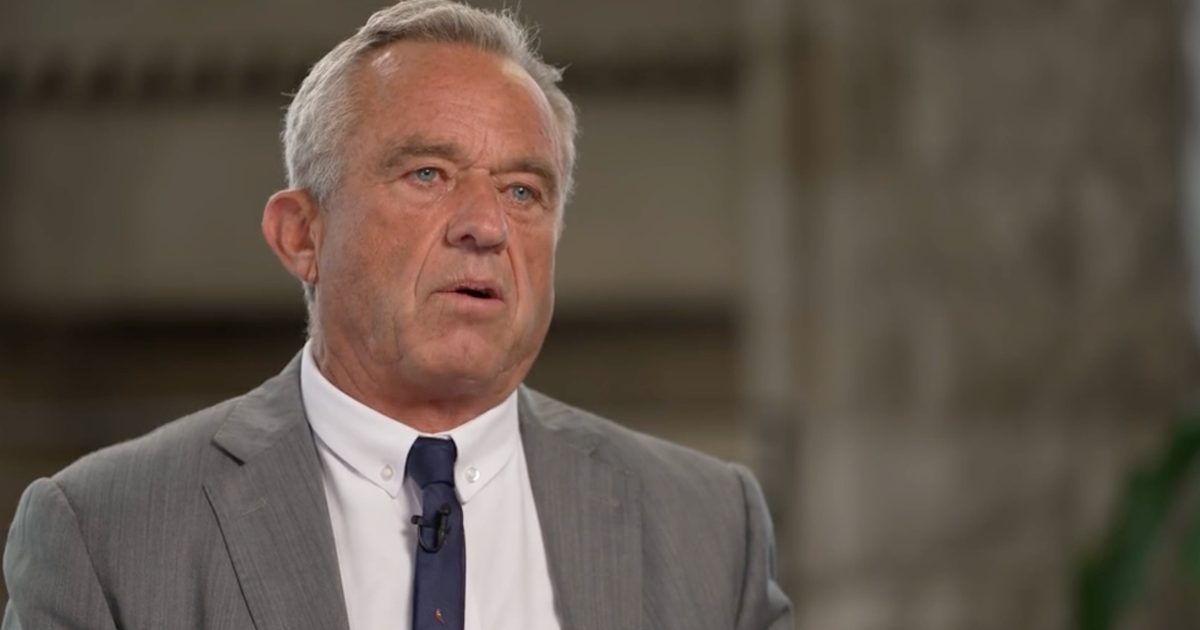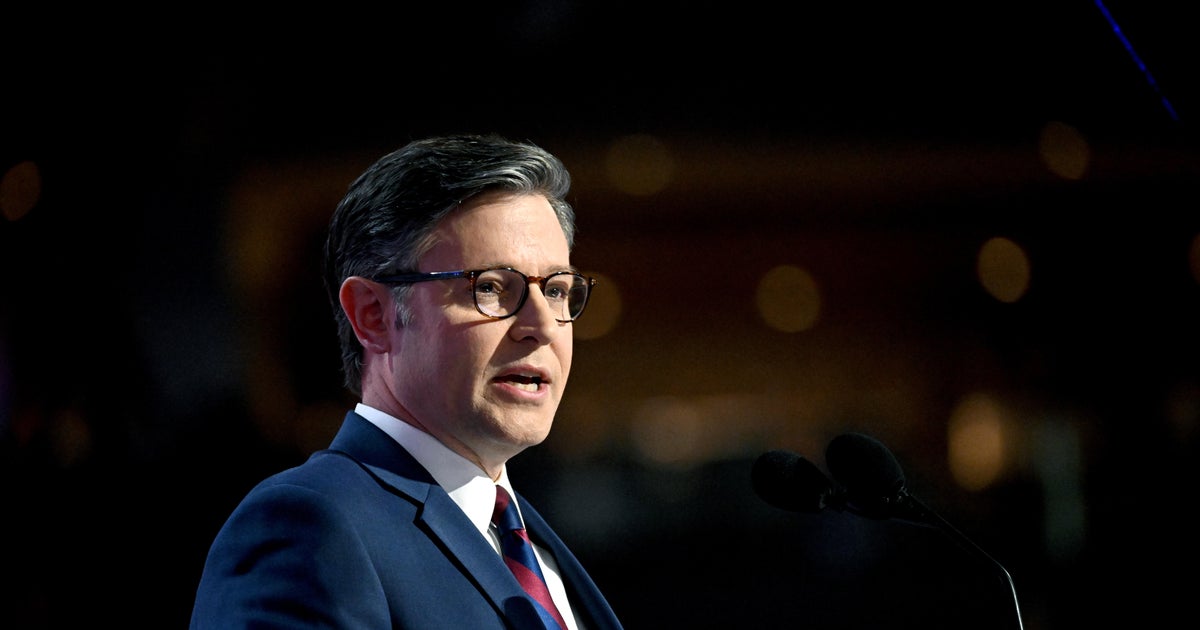Facing U.S. withdrawal, Afghan leader pitches Trump cost savings
Afghan President Ashraf Ghani has sent a letter to President Trump outlining potential cost reductions for the U.S. engagement in Afghanistan. The letter calls for a full review of the military partnership, including a possible troop drawdown, a senior Afghan official confirms to CBS News' "Face the Nation" host Margaret Brennan.
The letter does not, however, advocate for a major U.S. troop withdrawal, as ordered by Mr. Trump. The Pentagon was ordered late last year to start planning a major drawdown of roughly 7,000 troops in Afghanistan, about half of the current force deployed there, CBS News' David Martin reported.
Mr. Trump campaigned on getting out of long-running wars in Syria and Afghanistan, the latter of which is now the longest-running war in which the U.S. military has ever been engaged. It began with the U.S. invasion in October 2001, meaning children born after the war began can now enlist to serve. The president has insisted it's time to stop fighting the costly wars and to divert the money to infrastructure and other domestic needs in the U.S.
- Taliban kills 15 more Afghan forces as U.S. eyes major withdrawal
- Are the Taliban winning the war in Afghanistan?
- White House orders Pentagon to begin withdrawing troops from Syria immediately
"I inherited a total mess in Syria and Afghanistan, the 'Endless Wars' of unlimited spending and death," the president tweeted Friday morning. "During my campaign I said, very strongly, that these wars must finally end. We spend $50 Billion a year in Afghanistan and have hit them so hard that we are now talking peace..."
CBS News correspondent Charlie D'Agata says that despite President Trump's suggestions otherwise, America's longest war looks a long way from anything resembling the verge of peace. In fact it's more dangerous than ever.
The U.S. government's Special Inspector General for Afghanistan Reconstruction (SIGAR), an Afghan war watchdog, reported to Congress on Thursday that the Afghan government actually lost territory during the last year.
When D'Agata and his team were last there, they flew in Blackhawk helicopters to Nangarhar Province: the deadliest province for both U.S. forces and Afghan civilians. Even getting to the nearby Afghan military base was a military operation in itself -- and with good reason.
The resurgent Taliban is now "openly active" in 70 percent of the country, and is seen as more powerful than at any time since they were toppled as the Afghan government by the 2001 U.S.-led invasion.
Even while the peace talks with U.S. officials alluded to by Mr. Trump on Friday went on in Qatar, Taliban militants overran an Afghan military base, killing dozens of soldiers.
At the World Economic Summit in Davos, Afghan president Ashraf Ghani broke his silence on casualties, saying 45,000 Afghan security personnel have been killed since he became leader in 2014.
U.S. Special Envoy Zalmay Khalilzad has spoken of the "draft framework" of a deal with the Taliban, and the fact the U.S. and the Taliban are not only meeting but reporting progress may be an important milestone in and of itself. But the framework depends not only on trusting the Taliban to stop its attacks on U.S. forces, but brokering a ceasefire between the Taliban and the Afghan government itself.
With the Taliban steadfastly refusing to meet Afghan government leaders -- who the militants regard as "puppets," of America, major serious hurdles remain.
It is in that context that he sent his letter to Mr. Trump, trying to bargain on the extent of the U.S. withdrawal by appealing to the U.S. leader's cost concerns.
The letter also comes after the Republican-controlled Senate delivered a harsh and rare rebuke to the president's foreign policy approach. Lawmakers approved an amendment asserting that a swift withdrawal of troops from Syria and Afghanistan could jeopardize progress in both regions and give terrorist groups the potential to expand.
The president has, at times, made seemingly confused statements about the history of the Taliban. Earlier this month in a Cabinet meeting, the president defended the Soviet invasion of Afghanistan in 1979, a remark that perplexed and concerned some critics.
"Russia used to be the Soviet Union. Afghanistan made it Russia, because they went bankrupt fighting in Afghanistan," Mr. Trump said. "The reason Russia was in Afghanistan was because terrorists were going into Russia. They were right to be there. The problem is, it was a tough fight. And literally they went bankrupt; they went into being called Russia again, as opposed to the Soviet Union. You know, a lot of these places you're reading about now are no longer part of Russia, because of Afghanistan."
The Soviet Union -- which comprised not only Russia, but several other now-independent nations in Eastern Europe and Central Asia -- invaded Afghanistan in 1979, and left in 1989. However, contrary to Mr. Trump's claims, Russia was in Afghanistan to spread communism, not fight terrorists. And in the process, Soviet forces waged a brutal campaign that often targeted civilians.



